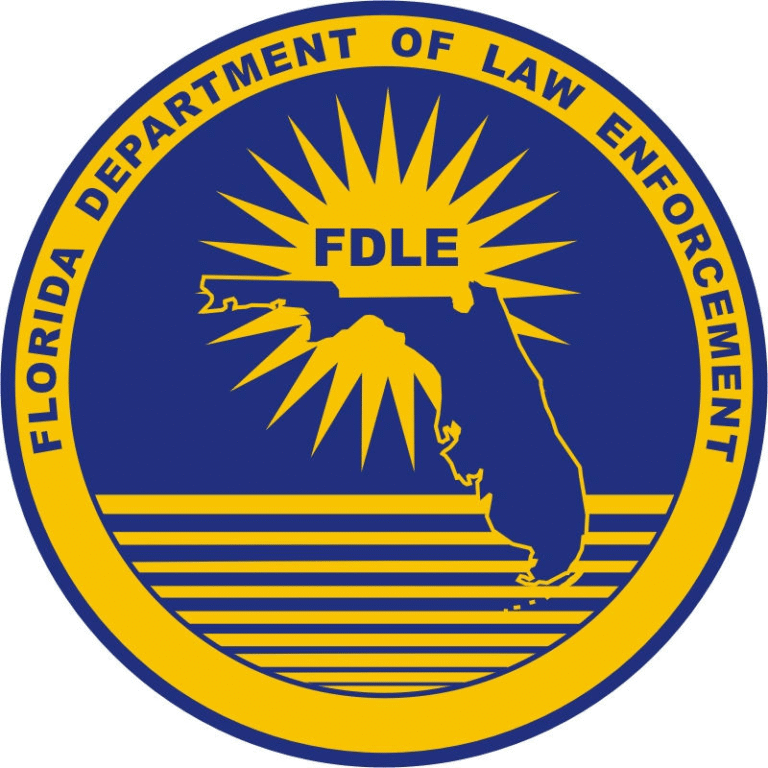Florida law enforcement plays a crucial role in maintaining public safety, enforcing laws, and preventing crime across the state. The system includes a range of agencies at different levels, such as state departments, county sheriff offices, and municipal police departments. Each agency has distinct responsibilities but works together to ensure the safety and security of Florida’s residents and visitors.
At the state level, the Florida Department of Law Enforcement (FDLE) acts as the primary investigative and support agency. It handles major criminal investigations, forensic services, and background checks, while also providing assistance and resources to local law enforcement agencies. Another important state agency is the Florida Highway Patrol (FHP), which focuses on enforcing traffic laws on highways and interstates. The FHP responds to accidents, provides highway safety education, and assists motorists in emergencies.
County sheriffs serve as elected officials who oversee law enforcement in their respective counties. They manage patrol duties, investigations, jail operations, court security, and the execution of warrants in unincorporated areas. Municipal police departments, on the other hand, are responsible for law enforcement within city limits, focusing on local crime prevention and community policing. Specialized agencies, like the Florida Fish and Wildlife Conservation Commission, enforce laws related to natural resources and wildlife.
Florida law enforcement officers have a wide range of duties, including crime prevention, investigation, and maintaining public order. Officers respond to calls for service, investigate criminal activity, and work to prevent crimes before they occur. Public safety also involves managing large events, protests, and emergencies to ensure that these gatherings remain peaceful and orderly.
Traffic enforcement is a significant part of Florida law enforcement’s work, especially on busy highways and interstates. The Florida Highway Patrol enforces speed limits, investigates traffic accidents, and educates the public about safe driving practices. This focus helps reduce accidents and improves overall highway safety for drivers and pedestrians.
In recent years, Florida law enforcement has faced new challenges related to public demonstrations and protests, particularly those connected to immigration enforcement. Immigration raids in cities such as Los Angeles have sparked protests nationwide, including in Florida. State leaders and law enforcement officials in Florida have taken a firm stance on these protests, emphasizing strong responses to any violence while recognizing the right to peaceful protest. For example, Brevard County Sheriff Wayne Ivey has publicly stated that his department will not tolerate violence or property destruction during protests but respects peaceful demonstrations.
This strong approach reflects broader policies enacted by Florida’s government. In 2021, Governor Ron DeSantis signed legislation increasing penalties for crimes related to protests. This law allows officers to charge protesters with felonies for acts like blocking roads or damaging property. It also restricts local governments from reducing police budgets, signaling the state’s commitment to supporting law enforcement agencies. These measures have sparked debate about balancing public safety and civil liberties.
Civil rights groups and legal experts have expressed concern that such policies and statements by law enforcement officials could discourage people from exercising their right to protest peacefully. Some argue that the language used by certain officials may create fear and mistrust between communities and police. At the same time, supporters say that clear warnings and firm law enforcement presence help prevent violence and protect both protesters and bystanders.
Training and preparation are essential components of Florida law enforcement’s efforts. Officers receive extensive training at police academies covering laws, ethics, use of force, and community relations. Many agencies work closely with FDLE to improve investigative techniques and to ensure that officers are ready to respond to a variety of situations effectively and professionally.
Community relations remain a priority for many Florida law enforcement agencies. Programs that promote community policing help build trust and cooperation between officers and residents. By engaging with local organizations and offering public education initiatives, police aim to foster positive relationships and improve the overall safety of neighborhoods.
Florida law enforcement continues to adapt to the changing needs of the state’s diverse population. Whether handling routine patrols, responding to emergencies, or managing large-scale public events, these agencies strive to maintain law and order while respecting constitutional rights. The evolving landscape of public safety in Florida highlights the ongoing challenge of balancing enforcement with community trust and civil liberties.







